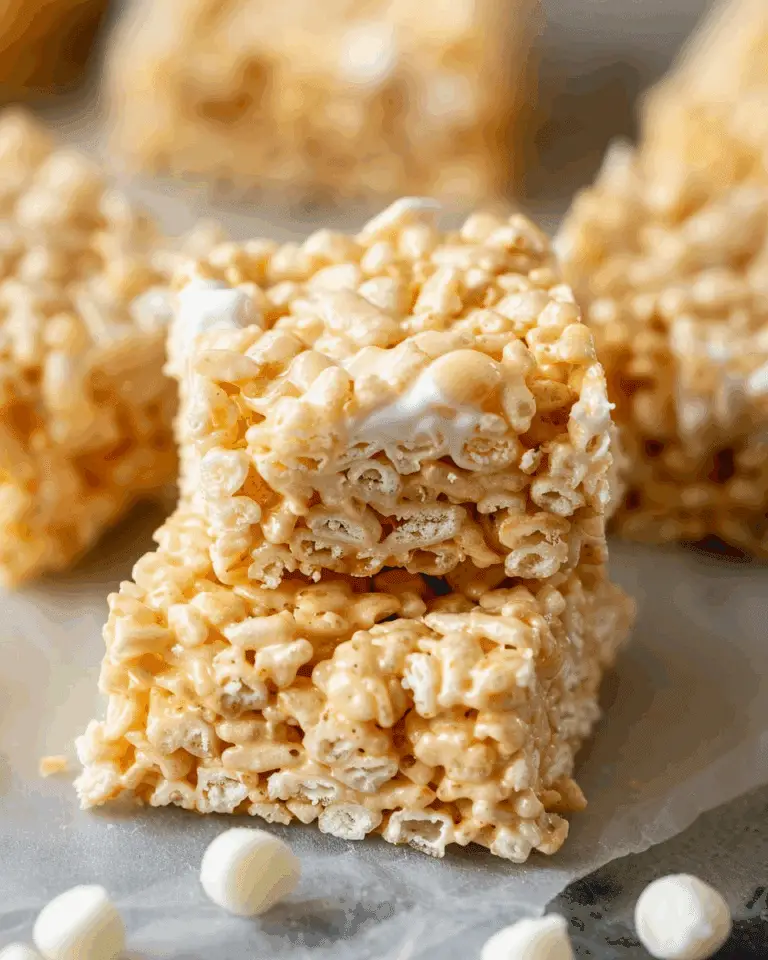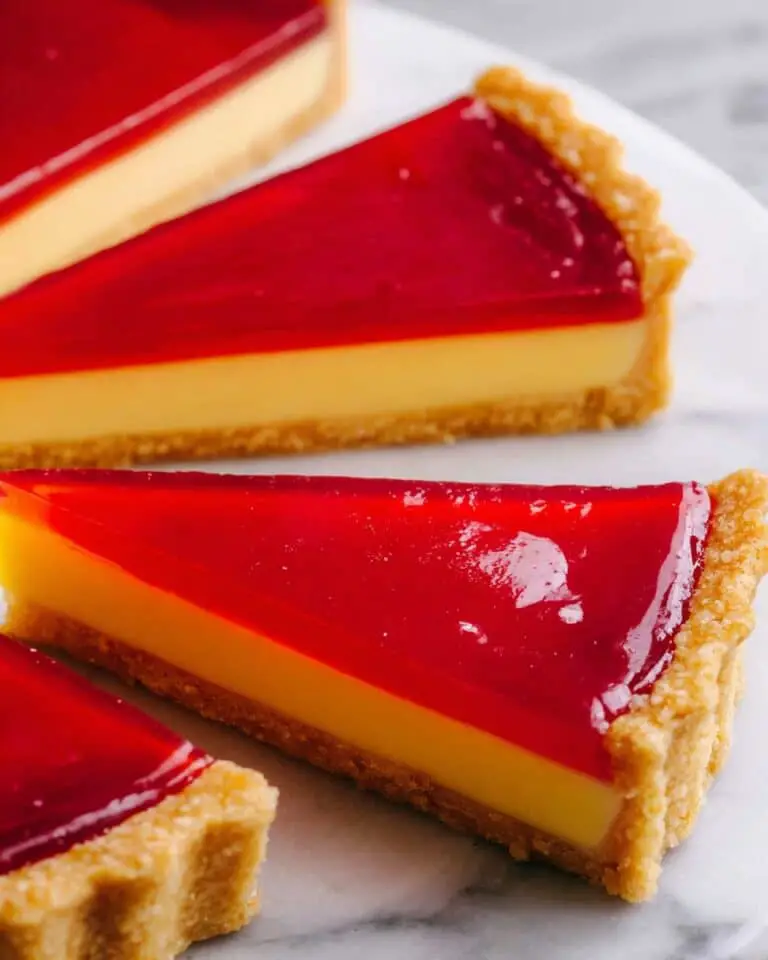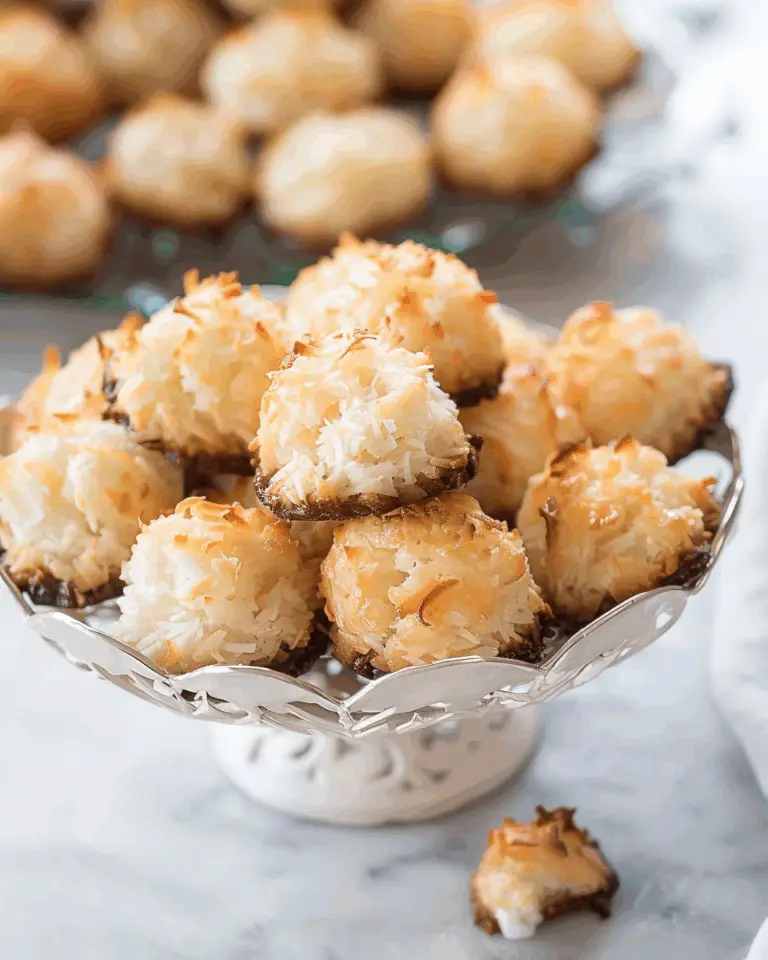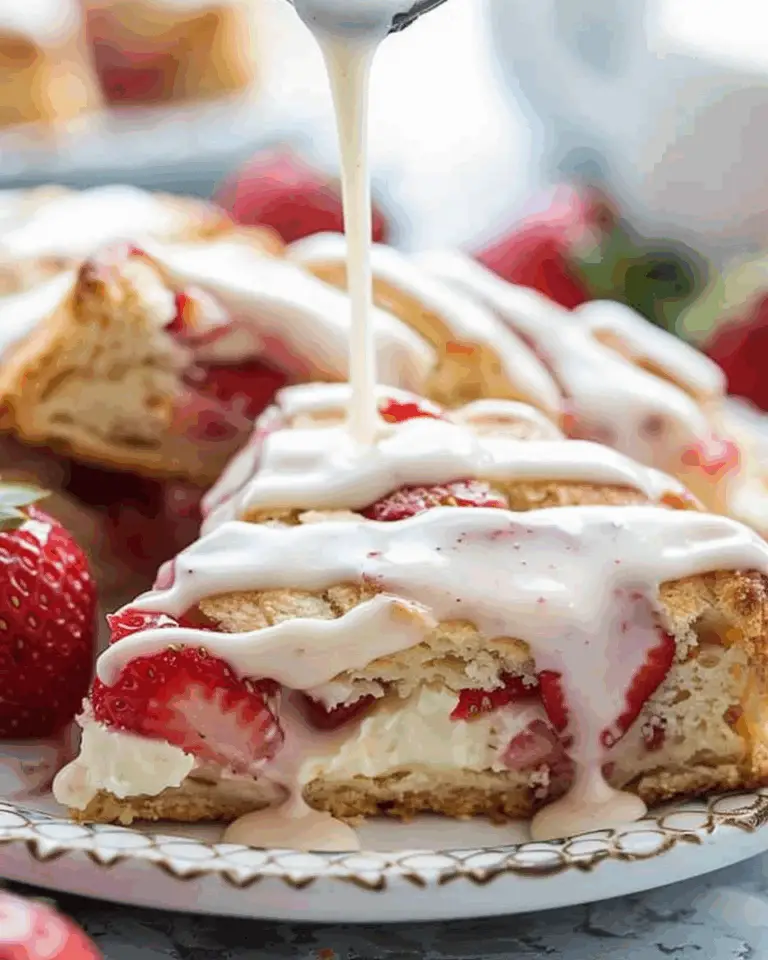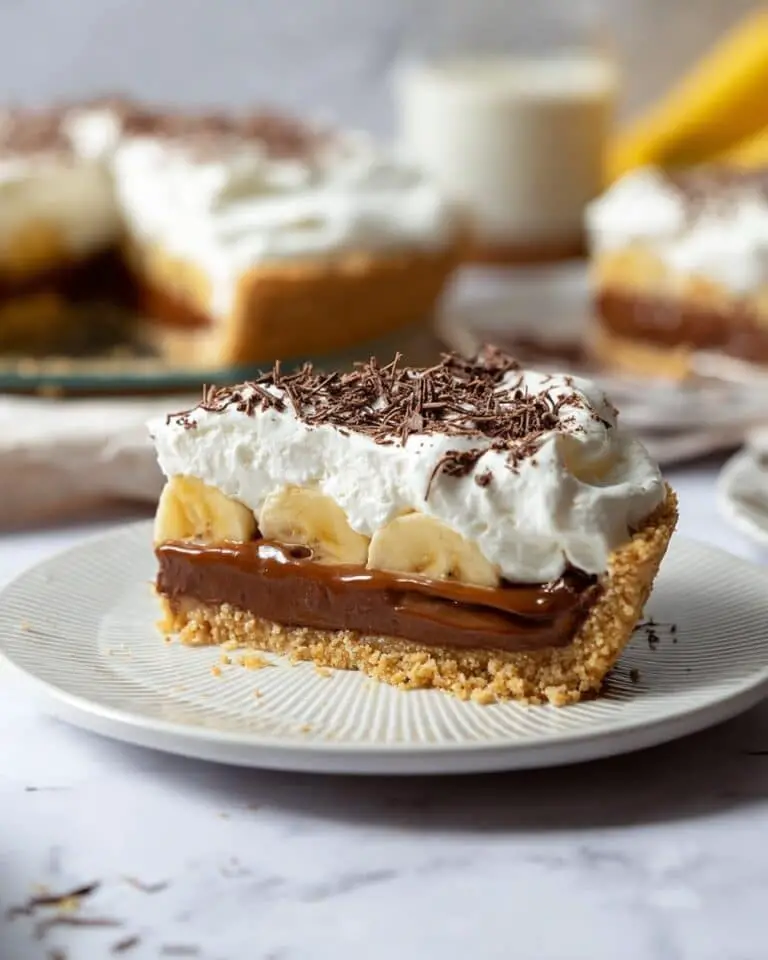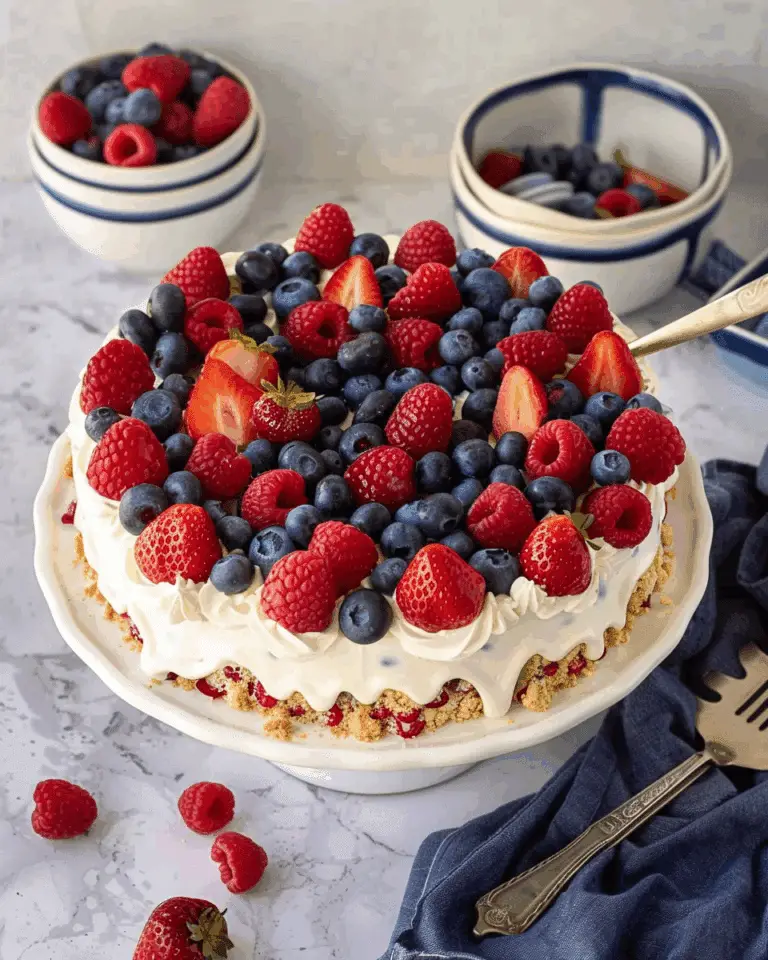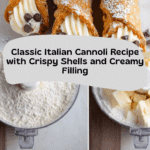If you’ve ever dreamed of bringing a taste of Italy right to your kitchen, learning How to Make Cannoli (Cannoli Filling Recipe) Recipe is an absolute must. These iconic Sicilian treats combine crisp, delicate shells with a luscious, creamy filling that is sweet, tangy, and just the right amount of indulgent. Making cannoli from scratch might sound intimidating, but with the right guidance, ingredients, and love, you’ll find it wonderfully doable and incredibly rewarding. Let me walk you through each part of this recipe so you can master the art of crafting this classic dessert at home.
Ingredients You’ll Need
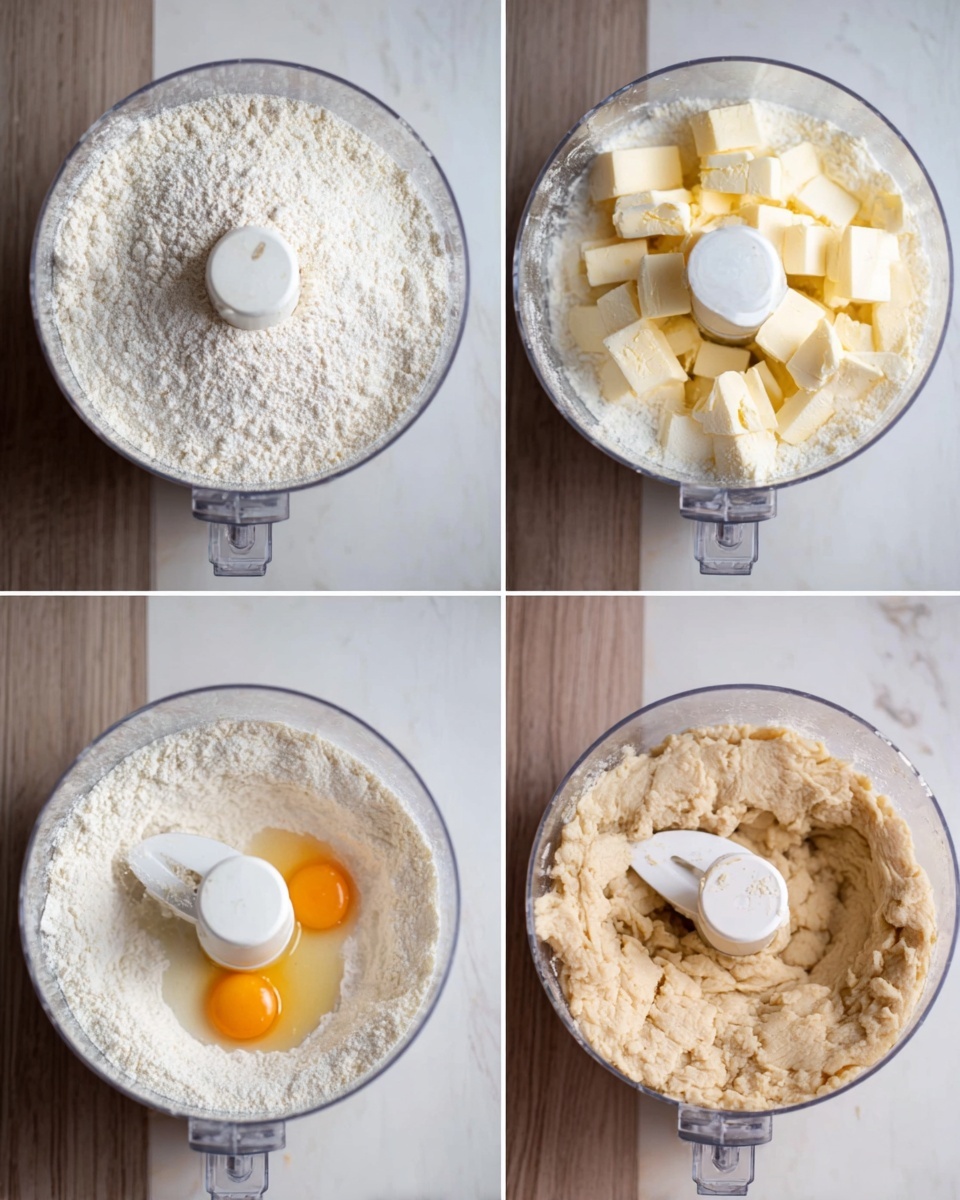
Each ingredient in this recipe is carefully chosen to build the perfect balance of texture and flavor. The shells rely on simple pantry staples, while the filling combines fresh ricotta and just enough sweetness to make your taste buds sing. Every element contributes to the magic in its own way.
- Unbleached all-purpose flour (1 3/4 cups): Provides the sturdy yet delicate base for the crispy shells.
- Granulated sugar (1 1/2 Tbsp): Adds a subtle sweetness and caramelization during frying.
- Salt (1/4 tsp): Balances the flavors to bring out the richness in the dough.
- Unsalted butter (3 Tbsp): Adds richness and tenderness to the shell dough.
- Marsala wine (1/3 cup): The star liquid for depth of flavor and to make the dough pliable; plus, it brings authentic Italian flair.
- Egg and egg white (1 large egg + 1 egg white): Bind the dough and help with crispness when frying.
- Vegetable oil or shortening (about 8 cups): For frying, essential to get those shells golden and crunchy.
- Whole milk ricotta (32 oz, strained): The creamy, dreamy foundation of your filling that’s mild and slightly tangy.
- Powdered sugar (1 1/2 cups): Sweetens the ricotta smoothly without graininess.
- Mini chocolate chips (3/4 cup): Tiny bursts of chocolate that add texture and richness.
- Ground cinnamon (1/4 tsp): A gentle warmth that complements the sweet and tangy profile.
- Chopped unsalted pistachios (optional): For garnish, adding color and a lovely nutty crunch.
How to Make How to Make Cannoli (Cannoli Filling Recipe) Recipe
Step 1: Prepare the Dough
Start by combining the flour, sugar, and salt in a large bowl or on a clean surface. Cut in the cold diced unsalted butter until the mixture resembles coarse crumbs—this step ensures your shells will have that tender yet crisp texture. Add the egg, egg white, and marsala wine slowly, bringing the dough together with your hands. It might feel a bit sticky, but keep kneading gently until smooth and elastic. Wrap the dough in plastic wrap and let it rest for at least 30 minutes—giving it time to relax is essential for easy rolling and shaping later.
Step 2: Roll Out and Shape the Shells
Once rested, divide the dough into manageable portions and roll out each as thinly as you can without tearing—think thin enough to be translucent but sturdy enough to hold its shape. Using a round cutter (about 4 to 5 inches in diameter), cut circles. Now, wrap each circle around a metal cannoli tube, sealing the edges with a bit of beaten egg white to keep your shells intact during frying. This shaping is where you start to see the classic cannoli form take shape!
Step 3: Fry the Shells
Heat the vegetable oil or shortening to 350°F (175°C) in a deep pot or fryer. Carefully submerge each cannoli-wrapped dough circle, frying until golden brown, approximately 2 to 3 minutes. Be attentive here—over-frying can lead to bitterness, while under-frying means soggy shells. Once done, gently remove the shells with tongs and drain on paper towels. When cool enough to handle, carefully slide the shell off the metal tubes. Now, your crispy canvas is ready for the dreamy filling.
Step 4: Make the Cannoli Filling
Strain your ricotta thoroughly overnight or for several hours to remove excess moisture—this is key to achieving that silky texture everyone loves in cannoli filling. In a mixing bowl, combine the ricotta with powdered sugar, cinnamon, and mini chocolate chips. Stir gently until the mixture is smooth and uniform. Taste and adjust sweetness if desired. Refrigerate the filling until you’re ready to fill the shells.
Step 5: Fill the Shells and Garnish
Use a piping bag or a small spoon to carefully fill each cooled shell with the ricotta mixture just before serving—this prevents the shells from becoming soggy. For that iconic finishing touch, dip the ends into chopped pistachios or sprinkle with additional powdered sugar. Voila! Your homemade cannoli are ready to delight.
How to Serve How to Make Cannoli (Cannoli Filling Recipe) Recipe
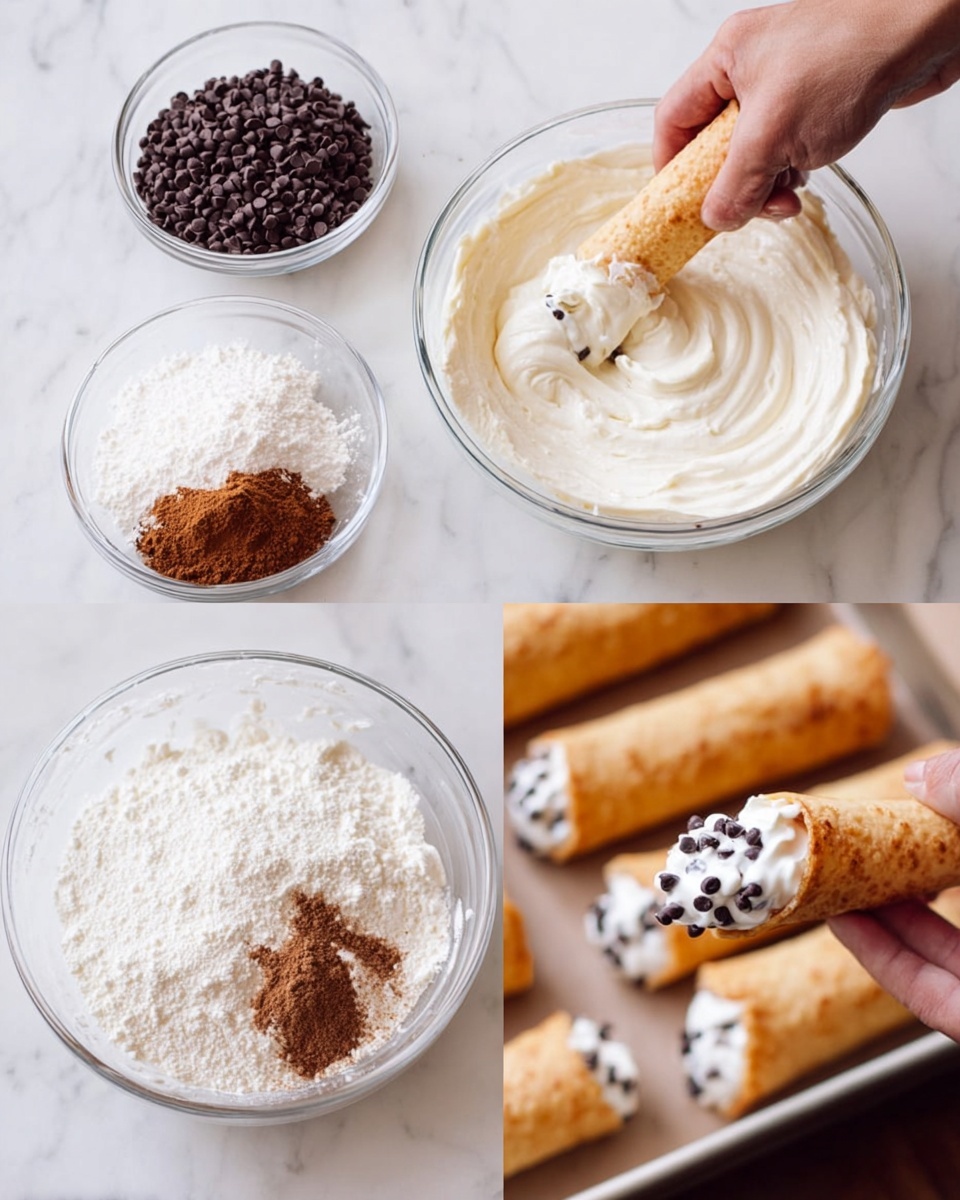
Garnishes
Classic garnishes like chopped pistachios add not only a beautiful pop of green but bring crunchy texture that contrasts with creamy filling. You can also dust with powdered sugar or finish with a few whole mini chocolate chips on top for a playful look. Feel free to get creative by adding candied orange peel to evoke Sicilian traditions!
Side Dishes
Cannoli make for a delightful dessert that pairs beautifully with a robust cup of espresso or a sweet glass of Vin Santo. Keeping your sides simple allows the dessert to shine. For a small festive touch, serve alongside fresh berries or a lemon sorbet that complements the richness without overpowering it.
Creative Ways to Present
Display your cannoli standing upright in a narrow vase or a rustic basket lined with parchment paper for a charming Italian bakery vibe. Another fun twist is to place them on a dessert platter sprinkled lightly with crushed pistachios and edible flower petals—turning your treat into a centerpiece that’s almost too pretty to eat.
Make Ahead and Storage
Storing Leftovers
If you have any leftover filling, store it tightly covered in the refrigerator for up to 2 days. The shells are best kept separate in an airtight container at room temperature to preserve their crunch, but avoid storing filled shells for long as moisture will soften the shell.
Freezing
While the shells do not freeze well due to their delicate crispness, you can freeze the ricotta filling for up to one month in a sealed container. Thaw overnight in the refrigerator and gently stir before using.
Reheating
Because fried shells lose their signature crunch quickly, it’s best to fill cannoli just before serving. If you want to refresh the shells after a day, briefly warm them in a low oven (about 300°F / 150°C) for 3 to 4 minutes—but skip reheating once filled to maintain the perfect texture contrast.
FAQs
Can I use store-bought cannoli shells?
Absolutely! Store-bought shells are a great shortcut that still yields delicious results. Just remember to fill them right before serving so they stay crisp and delightful.
What type of ricotta is best for the filling?
Whole milk ricotta that’s been properly strained is ideal because it offers the creamiest texture and richest flavor. Avoid low-fat or watery ricotta as it can make the filling runny.
Is marsala wine necessary in the dough?
Marsala wine adds authentic flavor and helps tenderize the dough, but dry red wine or even a splash of white wine can work in a pinch. The alcohol mostly cooks off during frying.
How long can filled cannoli be stored?
Once filled, cannoli are best eaten within a few hours to keep shells crunchy. If needed, they can be refrigerated for up to a day, but the shells may lose their crispness.
Can I make the filling dairy-free?
You can experiment with dairy-free ricotta alternatives made from almonds or cashews, but texture and flavor will differ. For best traditional results, full-fat ricotta is recommended.
Final Thoughts
There’s something truly special about creating your own sweet treats from scratch, and learning How to Make Cannoli (Cannoli Filling Recipe) Recipe brings a little piece of Italy right to your kitchen countertop. The effort of making crispy, delicate shells paired with that luscious, creamy filling is so worth it. Whether you’re impressing guests, celebrating a special occasion, or simply indulging your own sweet tooth, this classic dessert never fails to delight. So roll up your sleeves, grab your ingredients, and enjoy every delicious moment of this authentic Italian journey.
Print
How to Make Cannoli (Cannoli Filling Recipe) Recipe
This classic Italian dessert recipe guides you through making traditional cannoli from scratch, including both the crispy fried shells and the creamy ricotta filling. The shells are delicately flavored with Marsala wine and fried to golden perfection, while the filling combines rich, strained ricotta with powdered sugar, chocolate chips, and a hint of cinnamon for an irresistible treat.
- Total Time: 1 hour 35 minutes (including dough refrigeration and ricotta straining time)
- Yield: 12-15 cannoli shells
Ingredients
For the Shells
- 1 3/4 cups (250g) unbleached all-purpose flour (scoop and level to measure)
- 1 1/2 Tbsp (18g) granulated sugar
- 1/4 tsp salt
- 3 Tbsp (43g) unsalted butter, diced into small pieces
- 1/3 cup Marsala wine, plus more as needed
- 1 large egg
- 1 egg white
- Vegetable oil or shortening, for frying (about 8 cups)
For the Filling
- 32 oz. whole milk ricotta, well strained
- 1 1/2 cups (180g) powdered sugar
- 3/4 cup (126g) mini chocolate chips
- 1/4 tsp ground cinnamon
- Chopped unsalted pistachios, optional for garnish
Instructions
- Prepare the Dough: In a large mixing bowl, combine the flour, granulated sugar, and salt. Cut in the diced unsalted butter using a pastry cutter or your fingers until the mixture resembles coarse crumbs. Add the Marsala wine, egg, and egg white, mixing until the dough forms a ball. Add more Marsala wine a teaspoon at a time if the dough feels dry. Knead gently on a floured surface until smooth and elastic, about 5 minutes. Wrap in plastic and refrigerate for at least 1 hour.
- Make the Filling: While the dough chills, strain the ricotta thoroughly to remove excess moisture by placing it in a fine mesh sieve or cheesecloth and letting it drain for several hours or overnight. In a medium bowl, combine the strained ricotta with powdered sugar and ground cinnamon, stirring until smooth. Fold in the mini chocolate chips. Cover and refrigerate until ready to use.
- Roll and Cut the Dough: Remove the dough from the refrigerator and roll it out on a lightly floured surface to about 1/8-inch thickness. Cut the dough into 4 to 5-inch circles using a round cutter or a small bowl. Wrap each circle around a cannoli tube or metal mold, sealing the edges with a little beaten egg white so they hold their shape during frying.
- Heat the Oil: In a deep heavy-bottomed pot or deep fryer, heat the vegetable oil or shortening to 350°F (175°C). Use a thermometer to monitor the temperature to avoid overheating.
- Fry the Shells: Carefully place the prepared dough-wrapped molds into the hot oil, frying a few at a time without crowding. Fry until golden brown and crisp, about 2 to 3 minutes, turning occasionally to ensure even cooking. Remove carefully with tongs and drain on paper towels. Once cool, gently slide the cannoli shells off the molds.
- Fill the Cannoli: Just before serving, use a piping bag or a small spoon to fill each shell with the ricotta mixture. Optionally, garnish the ends with chopped unsalted pistachios for added color and texture.
- Serve: Serve immediately to enjoy the contrast between the crisp shell and creamy filling. If cannoli are filled in advance, the shells may lose their crispness.
Notes
- Straining the ricotta properly is essential to avoid watery filling that will make the shells soggy.
- Marsala wine can be substituted with dry white wine or a flavored liqueur if desired.
- Use fresh vegetable oil and monitor oil temperature carefully for the best crisp texture and minimal oil absorption.
- Filling the cannoli just before serving preserves the shell’s crunchiness.
- Chilling the dough helps with easier rolling and better texture.
- Prep Time: 20 minutes
- Cook Time: 15 minutes
- Category: Dessert
- Method: Frying
- Cuisine: Italian

